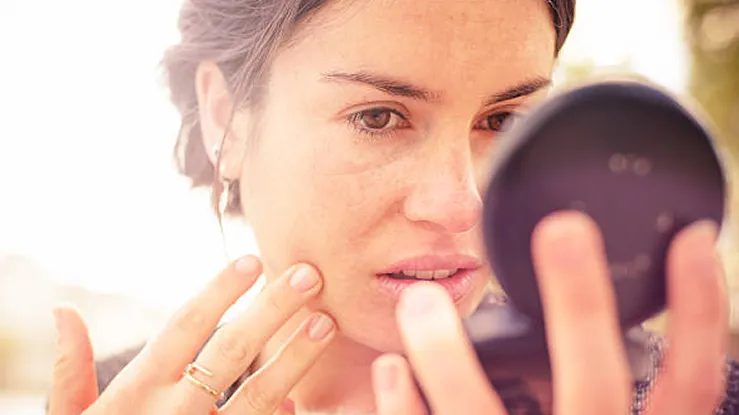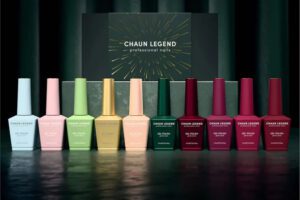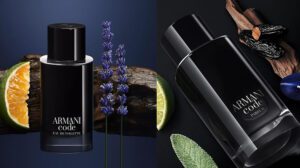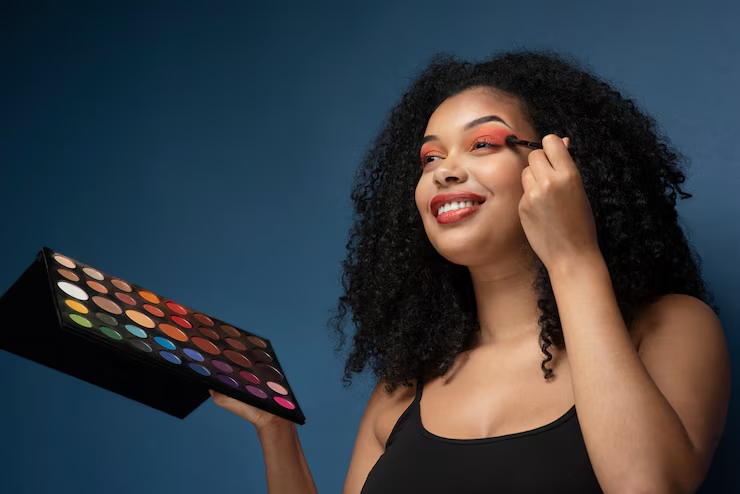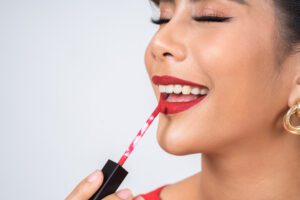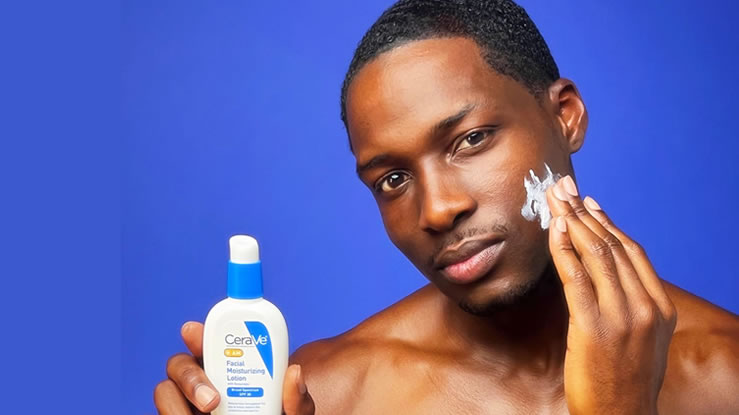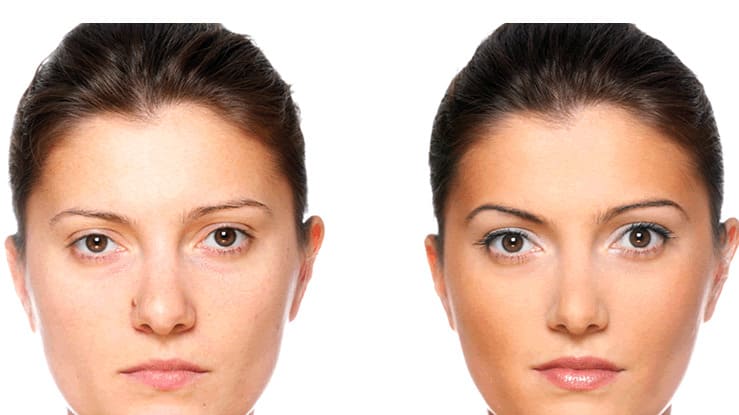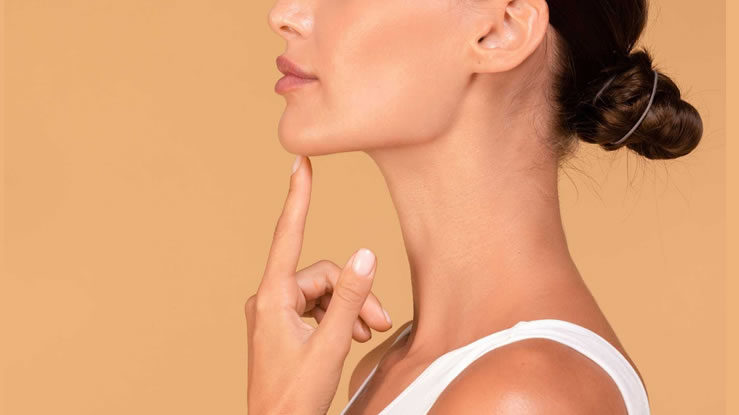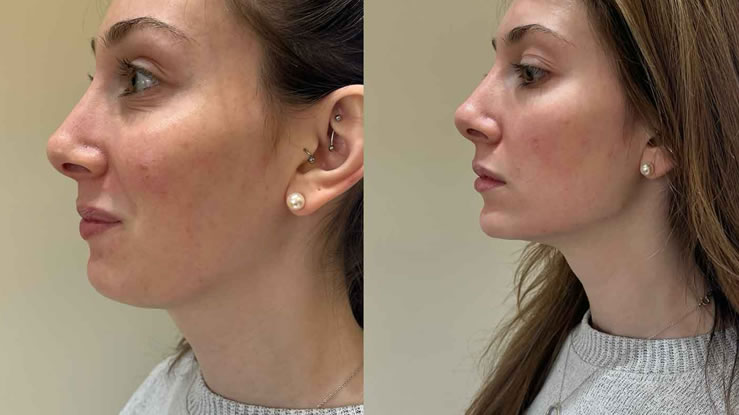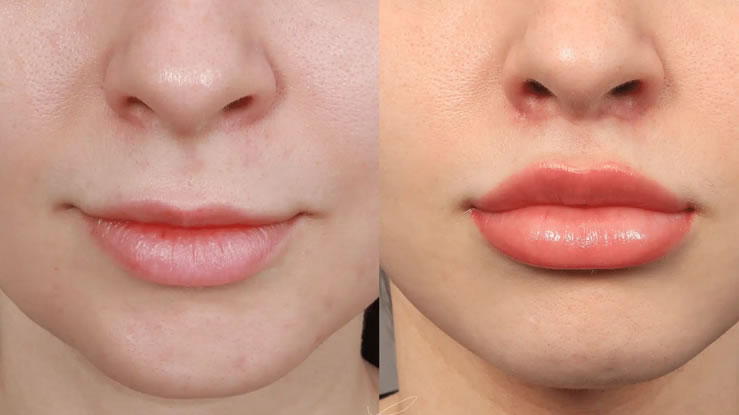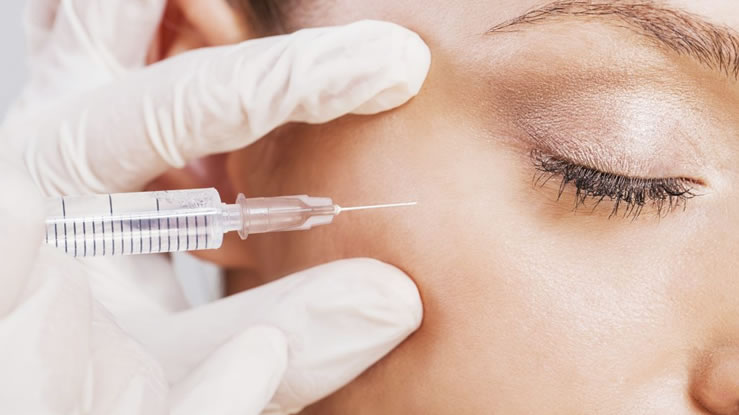Choosing the right skincare products can make a big difference in the health and appearance of your skin. But just as important as knowing what to look for is knowing what to skincare ingredients to avoid. Some ingredients may seem helpful but can cause irritation, allergic reactions, or long-term damage, especially if used incorrectly or on sensitive skin. Here’s a detailed guide to the skincare ingredients you may want to stay away from, especially if you’re concerned about sensitivity, acne, or long-term skin health.
Why You Should Pay Attention to Skincare Ingredients
Every product label contains a list of ingredients. This list tells you what is in the product and how it might affect your skin. While some names sound complex but are harmless, others are linked to irritation, allergies, or hormone issues. Paying attention to these ingredients can help you make better choices, especially if you have sensitive, acne-prone, or dry skin.
Read Also>>>Which skincare brand is best ?
Fragrance Is a Common Irritant
Fragrance is one of the most common skincare ingredients to avoid. It appears on labels as “parfum” or “fragrance” and may include dozens of unknown chemicals. Brands are not required to list each component, which makes it hard to know what you are using. Fragrance can cause redness, itching, and allergic reactions. If you have sensitive skin, choosing fragrance-free products is the safest choice.
Alcohol Can Dry Out the Skin
Many toners and acne treatments use alcohol to create a quick-drying feel. But alcohol, especially denatured alcohol or isopropyl alcohol, can damage your skin barrier. It strips natural oils and causes dryness. Over time, this can make oily skin worse, as the skin tries to compensate by producing more oil. Dry or sensitive skin may become flaky or irritated.
Parabens Raise Hormone Concerns
Parabens are used as preservatives to stop mold and bacteria from growing in your products. They appear under names like methylparaben or propylparaben. Some studies suggest parabens can mimic estrogen in the body, which raises concerns about hormone disruption. Though not all experts agree on the risk, many people prefer to avoid them, and paraben-free skincare has become more available.
Sulfates Strip Away Natural Oils
Sulfates like sodium lauryl sulfate and sodium laureth sulfate are cleansing agents that create foam. They work well in removing dirt and oil but can be too harsh. They strip away your skin’s natural moisture and can weaken the barrier. This makes the skin more prone to dryness, sensitivity, and irritation. Look for sulfate-free labels if your skin is dry or easily irritated.
Mineral Oil Can Clog Pores
Mineral oil is a byproduct of petroleum and is often used to lock in moisture. While it can prevent water loss, it may also trap dirt and oil beneath the surface. This can lead to breakouts, especially in acne-prone skin. If you want to protect your skin without clogging pores, consider alternatives like squalane or jojoba oil.
Phthalates Are Linked to Hormonal Effects
Phthalates help make products more flexible or make scents last longer. Like parabens, they are linked to hormone disruption. Common types include dibutyl phthalate and diethyl phthalate. These are often found in scented skincare or hair care products. Choosing unscented or natural-scented options can help reduce your exposure.
Formaldehyde and Its Releasers
Formaldehyde is a known irritant and possible carcinogen. While it is rarely used directly, some preservatives release formaldehyde slowly over time. These include DMDM hydantoin, imidazolidinyl urea, and quaternium-15. They can cause skin reactions and are best avoided if you have allergies or sensitive skin.
Essential Oils Can Irritate
Essential oils like peppermint, eucalyptus, or citrus oils are used for scent and skin benefits. But they can cause stinging, redness, or allergic reactions. This is more likely when they are used in high amounts or on sensitive skin. Even natural ingredients can cause harm if not suited to your skin type.
Oxybenzone Is a Problem in Sunscreens
Oxybenzone is a chemical sunscreen ingredient. Some studies link it to hormone disruption. It also causes concern for marine life, as it may contribute to coral bleaching. Many brands now offer oxybenzone-free sunscreens. Physical sunscreens with zinc oxide or titanium dioxide are safer options.
Artificial Dyes Add No Benefit
Artificial colors, listed as FD&C or D&C dyes, are added to make products more visually appealing. They offer no skincare benefits and may cause irritation or allergic reactions. Products meant for the face or eye area are especially sensitive to color additives.
Cocamidopropyl Betaine May Trigger Allergies
This ingredient helps create foam in cleansers. Although it comes from coconut oil, it can cause contact dermatitis in some people. If you have sensitive skin or experience redness after using a cleanser, check the label for this compound.
Isopropyl Myristate Can Block Pores
Isopropyl myristate is used to make products feel silky. But it can clog pores and contribute to breakouts. It’s often found in foundations and moisturizers. If you have oily or acne-prone skin, this is one of the skincare ingredients to avoid.
Retinoids Can Be Too Harsh if Misused
Retinoids like retinol are powerful anti-aging ingredients. When used properly, they improve texture and reduce fine lines. But if you use them too often or in high amounts, they can cause peeling, redness, and dryness. Start with a low concentration and apply only at night. Always follow with sunscreen during the day.
Silicones May Trap Dirt
Silicones such as dimethicone or cyclopentasiloxane are used to make products feel smooth. They create a layer over the skin, which can trap sweat and oil underneath. While not harmful for everyone, those with clogged pores or acne may want to avoid them.
Harsh Physical Scrubs Can Damage Skin
Scrubs with walnut shells or apricot pits can cause tiny tears in your skin. These microtears can lead to irritation, inflammation, and breakouts. For safer exfoliation, look for gentle chemical exfoliants like salicylic acid or lactic acid.
DEA, MEA, and TEA Are Risky
These compounds are used to create foam and adjust pH levels. When mixed with other ingredients, they may form harmful byproducts. Some countries have banned or restricted them. It is best to avoid them, especially if your skin is sensitive.
Talc Carries Contamination Risks
Talc can absorb moisture and make skin feel smooth. But some talc has been found to contain asbestos, which is dangerous when inhaled. Look for talc-free labels in powders or avoid the ingredient altogether.
Benzalkonium Chloride Is Too Harsh for Daily Use
This disinfectant is used in some acne treatments and cleansers. While it kills bacteria, it also strips the skin and may cause dryness. People with eczema or sensitive skin should avoid this ingredient.
Safer Ingredients to Look For
Instead of harmful ingredients, choose products with:
-
Hyaluronic acid to boost moisture
-
Glycerin to attract water to the skin
-
Niacinamide to calm and brighten
-
Ceramides to strengthen the barrier
-
Aloe vera and centella asiatica to soothe
These ingredients work well for most skin types and help maintain healthy skin.
How to Read Product Labels
Understanding labels helps you avoid hidden risks. Ingredients are listed in order of concentration, from highest to lowest. If a harmful ingredient appears near the top, it is present in a large amount. Terms like “fragrance-free” or “non-comedogenic” can guide your choices but always check the ingredient list.
Patch Testing Is Always a Good Idea
Before using a new product, apply a small amount to a patch of skin. Wait 24 hours to see if any reaction occurs. This step can help prevent breakouts, rashes, or irritation.
Final Thoughts on Skincare Ingredients to Avoid
Skincare should support your skin, not harm it. Many people experience irritation, breakouts, or dullness without knowing the cause lies in their products. Avoiding harsh or controversial ingredients can help you care for your skin with more confidence. Stick to gentle, simple, and well-tested formulations. Your skin will thank you in the long run.

